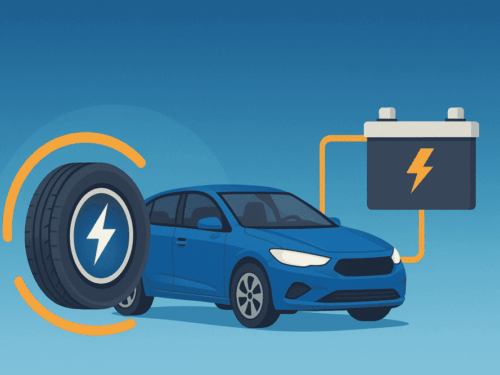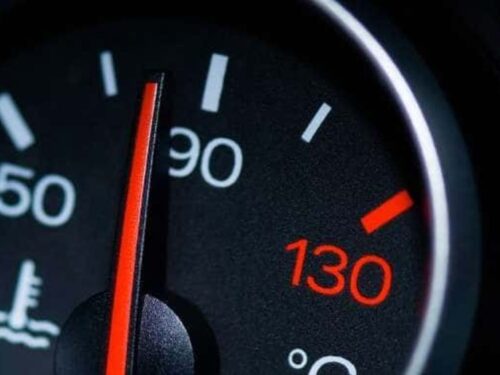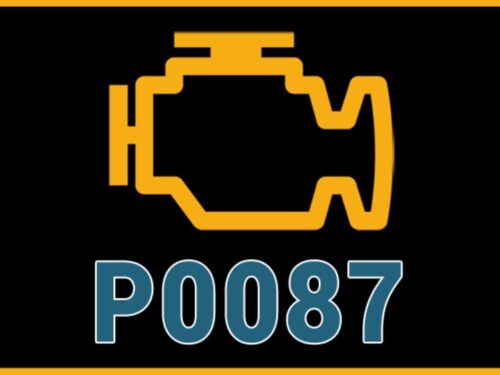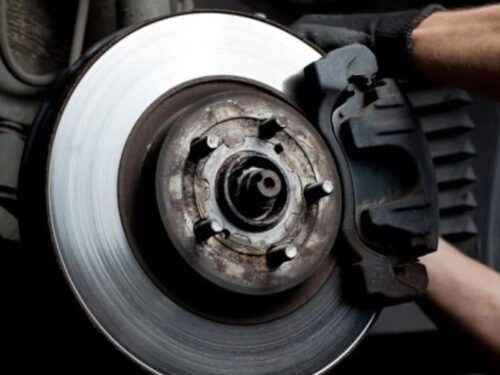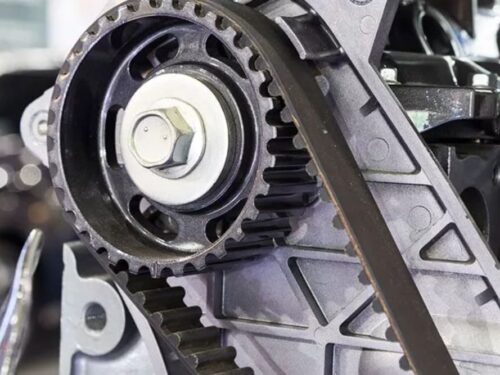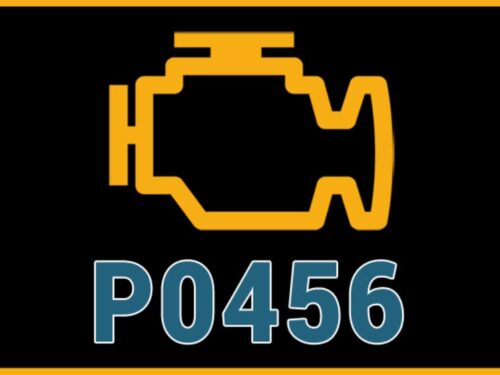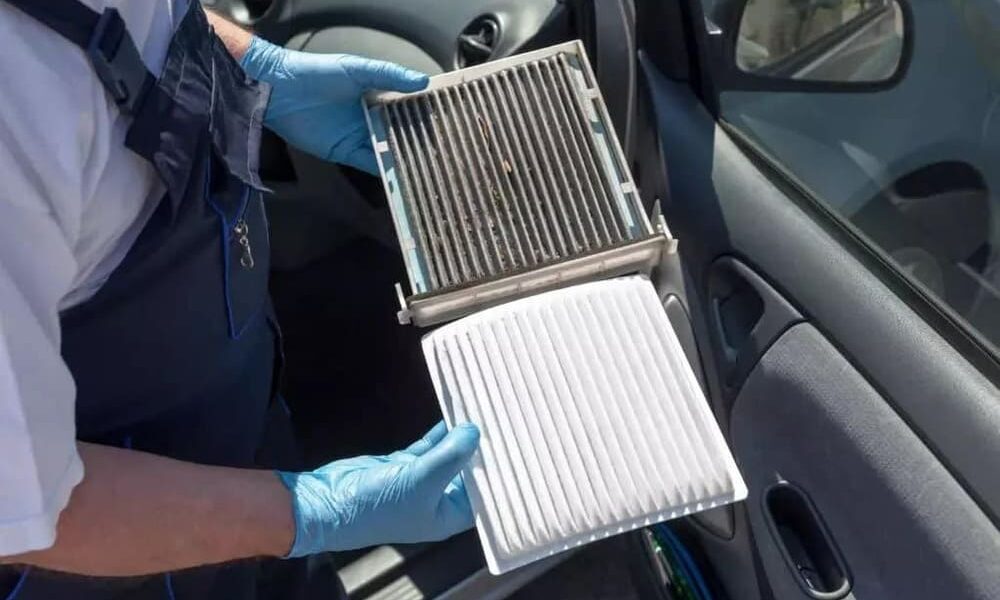
Cold temperatures and the drying effects of running your home’s furnace non-stop can all lead to winter wheeze.
If your vehicle is overdue for a cabin air filter change, your car also could be a culprit.
The cabin air filter cleans air going into a vehicle’s interior through the ventilation, heating and air-conditioning systems.
It catches pollen, dust and other contaminants to ensure a healthier interior atmosphere. The cabin air filter is particularly important for individuals with allergies, asthma or other respiratory issues. Caveat: Not every vehicle employs a cabin air filter.
Winter impact
The cabin air filter works all year round, but its importance comes to the fore during winter months. Tailpipe emissions increase when engines are cold, reaching potentially harmful levels that can impact an individual’s respiratory system. This is of particular concern for drivers with bronchitis or asthma.
Posing the most harm are emissions known as particulates, which can lodge in the lungs. Those particulates measuring less than 2.5 microns are capable of traveling beyond lung membranes and into the cardiovascular system. The good news is certain cabin air filters can halt particulates as tiny as 1 micron.
When to change?
Manufacturers vary on recommendations for changing the filter. Some base their schedules on odometer readings (say, every 12,000 to 15,000 miles). However, driving conditions, rather than time on the road, might be a better determinant. For example, vehicles subjected to smoggy urban areas or dusty desert regions likely will require more frequent changes. Tangible indicators that it’s time to replace the cabin air filter include interior odors or a dip in air flow while operating the heating or air conditioning. A good rule is to check the cabin air filter annually.
Keep tabs on your cabin air filter’s status and you’ll breathe a sigh of relief.
Courtesy of autolablibertyville

